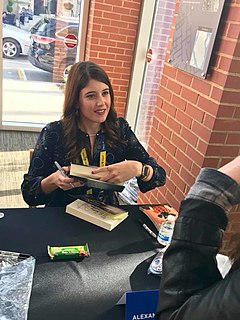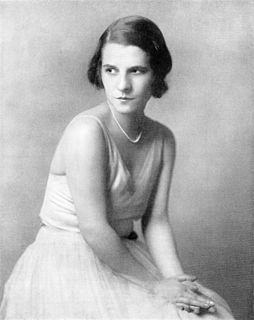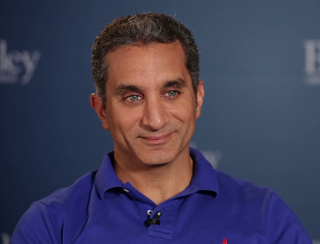A Quote by Alexis Korner
In those days, between the ages of 12 and 18 you meant nothing. You were the extra place at the side table if someone came to dinner. You were of no interest to anyone.
Related Quotes
Working- and Middle-class families sat down at the dinner table every night - the shared meal was the touchstone of good manners. Indeed, that dinner table was the one time when we were all together, every day: parents, grandparents, children, siblings. Rudeness between siblings, or a failure to observe the etiquette of passing dishes to one another, accompanied by "please" and "thank you," was the training ground of behavior, the place where manners began.
There was so much going on. I remember a very interesting dinner in the studio of [Robert] Rauschenberg. He had convinced Sidney Janis, Leo Castelli, and a third big gallery man to serve us, the artists, at the table. So they were dressed up as waiters, we were sitting at the table, and they were only allowed to sit down at the end of the table for the cognac. This is not possible now.
Americans are curious about the texture of everyday life in the Middle East because they rarely get to see it. I wanted readers to feel like they were sitting around the dinner table with me and my friends, hearing what average people really say and really think, [where] the dinner table is the best place to find out.
There has been a vigorous acceleration of health, resource and education programs designed to advance the role of the American Indian in our society. Last Fall, for example, 91 percent of the Indian children between the ages of 6 and 18 on reservations were enrolled in school. This is a rise of 12 percent since 1953.
When we overthrew Mubarak, we did this in 18 days. And because we were very naive and very unexperienced in revolutions, we thought that that was it. It is very difficult to imagine that you can actually get rid of a dictatorship that has been there for 60 years only in 18 days. So we were very naive.
My upbringing was pretty interesting. It was a rigorous, intellectual upbringing, but with the idea that we were a part of an important and legitimate enterprise. What that meant was sitting around the dinner table from a really early age with people from all different backgrounds who believed in God. When I was reporting in the wake of September 11th in Iraq and elsewhere, I felt I had the capacity to talk to people whose beliefs might sound outlandish to more secular journalists. I felt like I could be a translator between those two worlds.




































